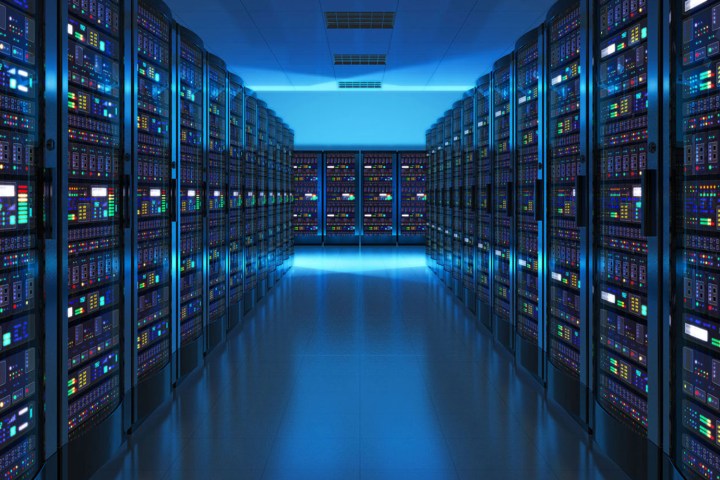
But the report points out that hard drives manufactured specifically for enterprise use aren’t any more reliable than drives sold on the mainstream market. The observation is based on the company’s use of 8TB hard drives manufactured by Seagate: Model ST8000NM0055 for data centers, and model ST8000DM002 for the mainstream desktop market.
The company reports that the enterprise-focused model has an annualized failure rate of 1.2 percent whereas the mainstream model has an annualized failure rate of 1.1 percent. As the numbers show, the failure rates are very similar, meaning the enterprise model isn’t any more reliable than its mainstream sibling despite the former’s “premium” price tag. Still, there are benefits in using the premium enterprise-based storage solution.
“The Seagate enterprise drives load data faster and have a number of features such as the PowerChoice technology that can be very useful,” Backblaze reports. “In addition, enterprise drives typically have a five-year warranty versus a two-year warranty for the consumer drives. We will continue to follow these drives, especially as they age over two years: The warranty point for the consumer drives.”
Corporations still rely on mechanical hard drives because their storage capacity per dollar is better than what’s currently offered with flash-based solid state disk (SSD) storage. SSDs are admittedly faster and more reliable because they have no moving parts, but the prices are higher and storage capacities are lower. That said, Backblaze just retired all 3TB and 4TB hard drives residing in its data centers (6,221 total) for models with 8TB, 10TB, and 12TB capacities, adding 59 petabytes of storage just in the third quarter alone.
According to the Backblaze report, 9,879 units of Seagate’s 8TB ST8000DM002 hard drive were in use during the third quarter, totaling 908,298 days of up-time. The company also experienced 18 failures with this specific model during that time, generating an annualized failure rate of 0.72 percent. Overall, the company has 86,529 hard drives in use totaling 7,766,422 days of up-time, and only saw 392 drive failures within the third quarter, generating a 1.84 percent annualized failure rate.
But what’s interesting about the report is that Backblaze is using both enterprise and mainstream-based hard drives in its data centers. The company’s army of 8TB Seagate enterprise drives have accumulated around 1.4 million drive days whereas the mainstream 8TB models have accumulated around 3.7 million drive days since April 2013. The company also uses various drives manufactured by Toshiba, Western Digital, and HGST.
“While drive price and availability are our primary considerations, you may decide other factors are more important,” the company reports.


